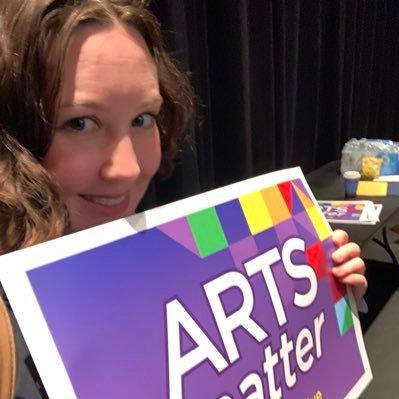Fair Pay in New England's Houses of Worship by Shannon Rose McAuliffe

Getting my first church gig was a pretty big deal for me, and I suspect that a lot of my peers and colleagues felt the same way. For so many of us, it's the first time that our work as musicians is validated through real-life cash-money compensation. Being engaged in houses of worship can be a mainstay of steady singing revenue as we build careers; there was a period of time when I kept a cassock and black shoes in the backseat of my car, just so I'd be ready to jump in wherever and whenever an opportunity might arise. A quick back-of-the-napkin tabulation suggests that I've sung in dozens of religious edifices throughout the Greater Boston area, in a plethora of faith traditions. The circumstances have varied broadly, including singing choral arrangements of Cyndi Lauper songs for Pride services in a UU congregation, to chanting Daily Offices in accordance with the 1662 Church of England Book of Common Prayer. (It's tempting to indulge in an exegetical exploration of how Ms. Lauper's lyrical narrative resonates with themes in the Psalter, but I'm pretty sure nobody asked for that.) Suffice to say, there are as many different ways of congregating for worship as there are communities of faith. And yet, predictably, here's the punchline: The common theme throughout all of these varied places and spaces is that singers are universally experiencing low wages, lack of payscale parity, and fee stagnation for our specialized skill set.
This obviously hasn't escaped our collective notice. There have been rumblings in choir stalls and on social media alike; my personal breaking point came when I got into a semantic tiff with a colleague about what "competitive" pay meant. A series of job postings advertising vacancies in local parishes listed irritatingly low wages; the thing was, they did seem pretty standard. In a fit of obsessi-- erm, I mean, curiosity, I created and distributed a public spreadsheet that allowed singers to enter information about their church compensation-- hooray for wage transparency! This catalyzed a lot of decentralized conversation, and laid bare some of the realities of our situation. But....what next?
Enter Boston Singers' Resource: these excellent advocates for our singing community were already creating plans to conduct more formalized research about this very topic, and when BSR leadership took note of my rabblerousing guerrilla tactics, they graciously invited me to collaborate on this project to bring a more cohesive discourse to light. I've been fortunate to work with superstar Brianna Robinson, and we've spent months surveying singers and music directors, yielding a body of quantitative and qualitative data that we've synthesized and are thrilled to be sharing with you on Tuesday at 7pm. We'll outline our initial findings, some trends in what constitutes a "going wage" in our local house of worship scene, the demands and expectations of our rarified and important work, and the beginnings of conversations that will help us to construct an advocacy toolkit to have productive and action-oriented meetings with clergy, Directors of Music, and other leadership to address our frustrations. Spoiler alert: This stuff works-- at least, as seen in a few choice examples based on discussions that stemmed from this project. Brianna and I are incredibly excited, and we hope that you'll join us to learn more about how we can address this critical issue in our community in a united way.

Hi! I'm new to Boston and would love to know the actual findings from this study. Are there any resources that I could be given access to, to review what was discovered? Thanks in advance!